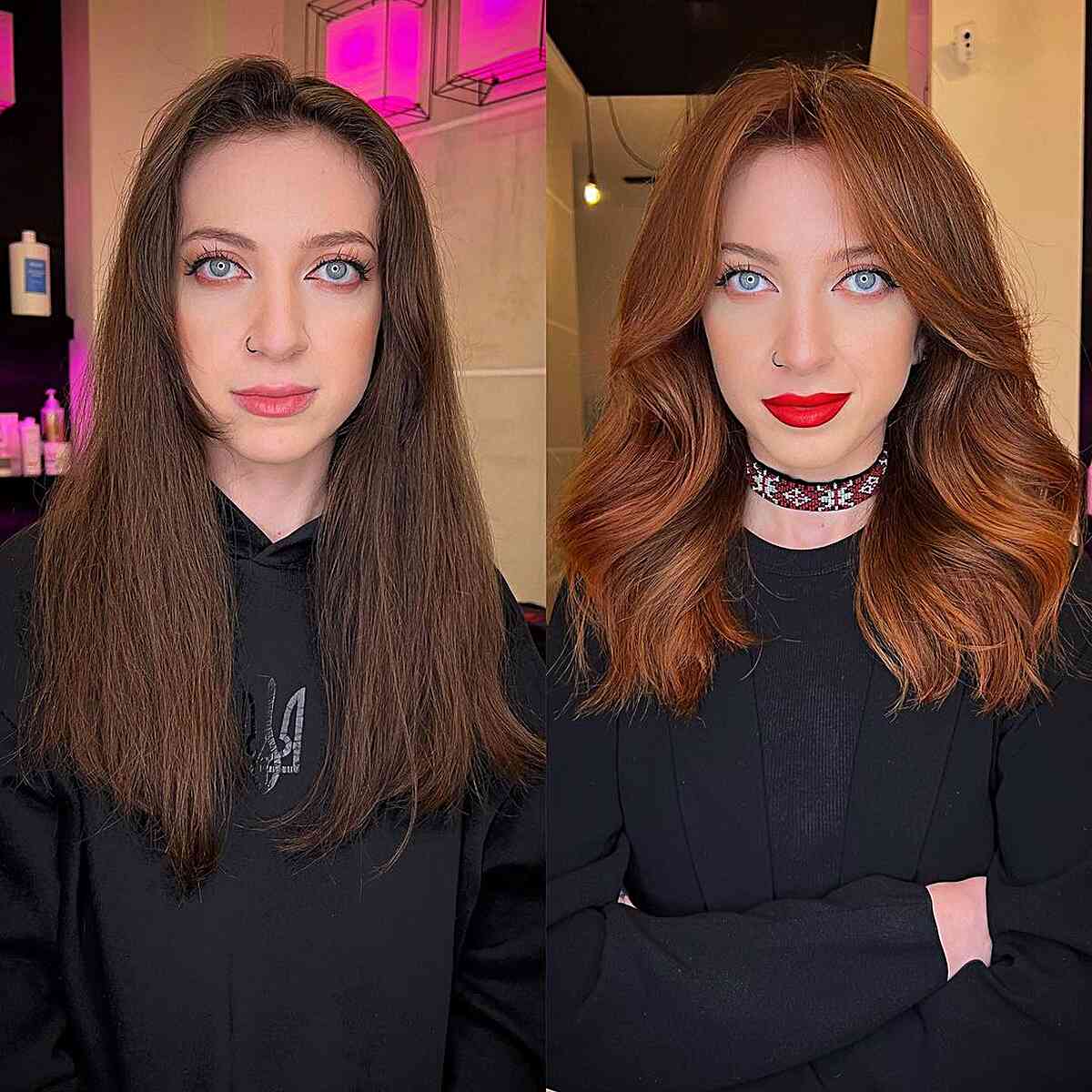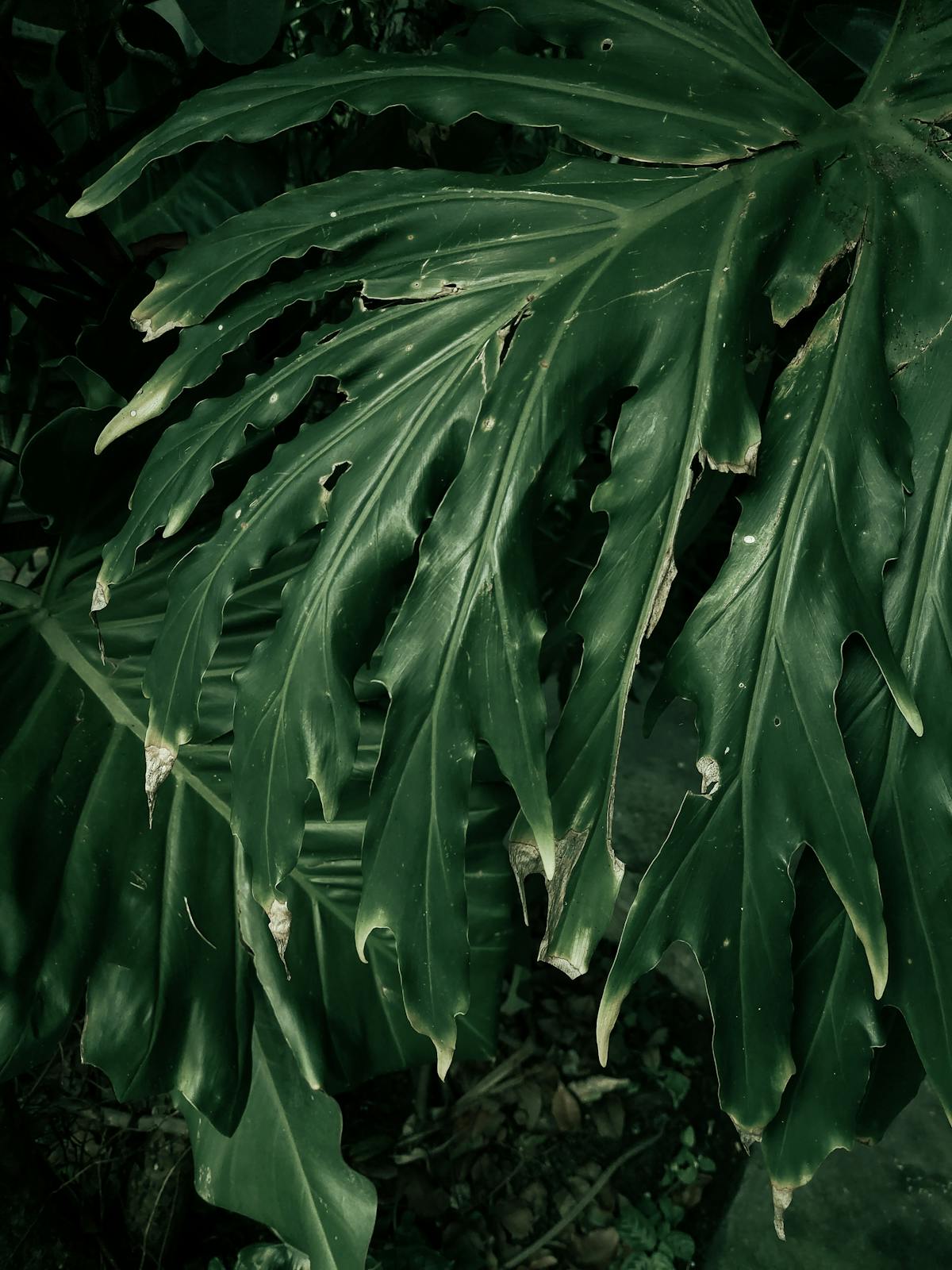Big Forehead Flash Photo: A Comprehensive Guide To Mastering Photography Techniques
Mar 31 2025
Photography has become an essential aspect of our lives, and one particular technique that has gained attention is the "big forehead flash photo." This unique style emphasizes facial features, particularly the forehead, using specific lighting techniques. In this article, we will explore everything you need to know about creating stunning big forehead flash photos, from understanding the concept to mastering the techniques.
Whether you're a professional photographer or an amateur enthusiast, understanding how to manipulate light and shadow can significantly enhance your photography skills. The big forehead flash photo technique is not just about aesthetics; it's also about bringing out the natural beauty of the subject while highlighting their unique features.
This guide will take you through the intricacies of the big forehead flash photo, offering tips, tricks, and expert advice to help you achieve professional results. Let's dive in and discover how you can elevate your photography game with this fascinating technique.
Read also:Daisy Kent Foot Massage The Ultimate Guide To Expert Foot Care
Table of Contents
- What is Big Forehead Flash Photo?
- History of Flash Photography
- Equipment Needed for Big Forehead Flash Photos
- Techniques for Creating Big Forehead Flash Photos
- Setting Flash Power
- Understanding Lighting Direction
- Posing and Angle Tips
- Background Selection
- Editing Tips for Big Forehead Flash Photos
- Color Correction Techniques
- Common Mistakes to Avoid
- Conclusion
What is Big Forehead Flash Photo?
The big forehead flash photo is a photography technique that focuses on illuminating and emphasizing the forehead area of the subject. This style is particularly effective for portraits, where the goal is to highlight the subject's unique features. By using flash photography, photographers can create striking images that draw attention to the forehead while maintaining a balanced overall appearance.
This technique involves adjusting the lighting, flash settings, and angles to ensure the forehead stands out without overshadowing other facial features. It's a delicate balance that requires understanding the principles of light and shadow.
History of Flash Photography
Flash photography has a rich history that dates back to the late 19th century. Early photographers used flash powder, a mixture of magnesium and potassium chlorate, to create artificial light. Over time, technology evolved, leading to the development of electronic flash units that are now standard in modern cameras.
Today, flash photography is an integral part of professional photography, offering photographers the ability to control lighting conditions and create stunning images. The big forehead flash photo technique is a testament to how far this technology has come and how it continues to influence the art of photography.
Equipment Needed for Big Forehead Flash Photos
To master the big forehead flash photo technique, you'll need the right equipment. Here's a list of essential tools:
- Camera: A DSLR or mirrorless camera with manual settings.
- External Flash: A dedicated external flash unit for better control over lighting.
- Light Modifiers: Softboxes, umbrellas, or reflectors to soften and direct the light.
- Tripod: For stability and consistent shots.
- Backdrops: Neutral or complementary backgrounds to enhance the subject.
Having the right equipment ensures that you can experiment with different settings and achieve the desired results.
Read also:Gigi Salazar Michigan Unveiling The Inspiring Journey Of A Rising Star
Techniques for Creating Big Forehead Flash Photos
Setting Flash Power
Adjusting the flash power is crucial for achieving the right balance of light. Start by setting the flash to a low power level and gradually increase it until the forehead is adequately illuminated. Avoid overexposing the subject, as this can lead to loss of detail.
Understanding Lighting Direction
The direction of the light plays a significant role in the big forehead flash photo technique. Experiment with different angles to find the one that best highlights the forehead. Typically, lighting from above or slightly to the side works well for this style.
Posing and Angle Tips
Posing and camera angles are essential for creating visually appealing big forehead flash photos. Encourage your subject to tilt their head slightly upward to emphasize the forehead. Additionally, consider shooting from a lower angle to enhance this effect.
Background Selection
Selecting the right background can make or break your big forehead flash photo. Opt for neutral or complementary colors that don't distract from the subject. A plain backdrop can help keep the focus on the subject's facial features.
Editing Tips for Big Forehead Flash Photos
Color Correction Techniques
Post-processing is an important step in achieving the desired look for your big forehead flash photos. Use photo editing software to adjust the exposure, contrast, and color balance. Pay attention to skin tones and ensure they appear natural and vibrant.
Common Mistakes to Avoid
When working with big forehead flash photos, it's easy to fall into common pitfalls. Here are a few mistakes to avoid:
- Overexposure: Be cautious not to overexpose the forehead, as this can result in a loss of detail.
- Inconsistent Lighting: Ensure that the lighting is consistent across the subject's face to avoid harsh shadows.
- Poor Composition: Pay attention to the framing and composition of the photo to create a balanced image.
Conclusion
The big forehead flash photo technique offers photographers a unique way to highlight their subject's features and create stunning portraits. By understanding the principles of lighting, posing, and editing, you can master this style and produce professional-quality images.
We encourage you to practice and experiment with different settings and techniques to find what works best for you. Don't forget to share your creations and connect with fellow photographers to exchange ideas and inspiration. For more tips and tricks, explore our other articles on photography and related topics. Happy shooting!


